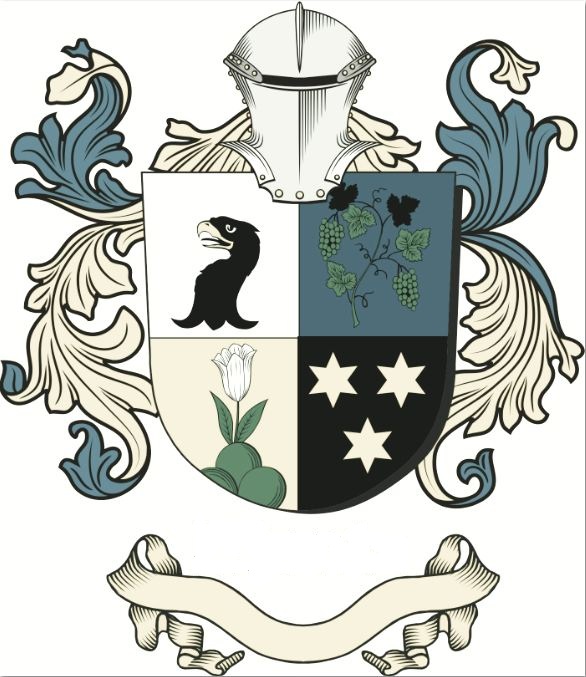Rosicrucian Society ™
In our explanation concerning the sub-conscious memory we noted that a record of every act, thought and word is transmitted by air and ether into our lungs, thence to the blood, and finally inscribed upon the tablet of the heart:—a certain little seedatom, which is thus the book of Recording Angels. It was later explained how this panorama of life is etched into the desire body and forms the basis of retribution after death. When we have committed a wrong and our conscience accuses us in consequence, and this accusation is productive of sincere repentance accompanied by reform, the picture of that wrong act will gradually fade from the record of our life, so that when we pass out at death it will not stand accusingly against us. We noted that the panorama of life unwinds backwards just after death. Later, in the purgatorial[pg 170]life it again passes before the spiritual vision of the man, who then experiences the exact feeling of those whom he has wronged. He seems to lose his own identity for the time being, and assumes the condition of his one time victim, he experiences all the mental and physical suffering himself which he inflicted upon others. Thus he learns to be merciful instead of cruel, and to do right instead of wrong in a future life. But if he awakens to a thorough realization of a wrong previous to his death, then, as said, the feeling of sorrow for his victim and the restitution or redress which he gives of his own free will, make the suffering after death unnecessary, hence—“his sin is forgiven.”
|

© Copyright Societas Rosicruciana.com , 2008-2020 All Rights
Reserved
Home Join Manifesto History Degrees Society Contact High Degrees Rose Croix Degrees Rosicrucian References Resources Masonic Rosicrucian Degrees History Hermetic Beliefs The Magus Temple of Rosy Cross Prosperity Contact Society Confessio Fama Text Societas Rosicruciana Rosicrucian Thought Force Character Audio Books